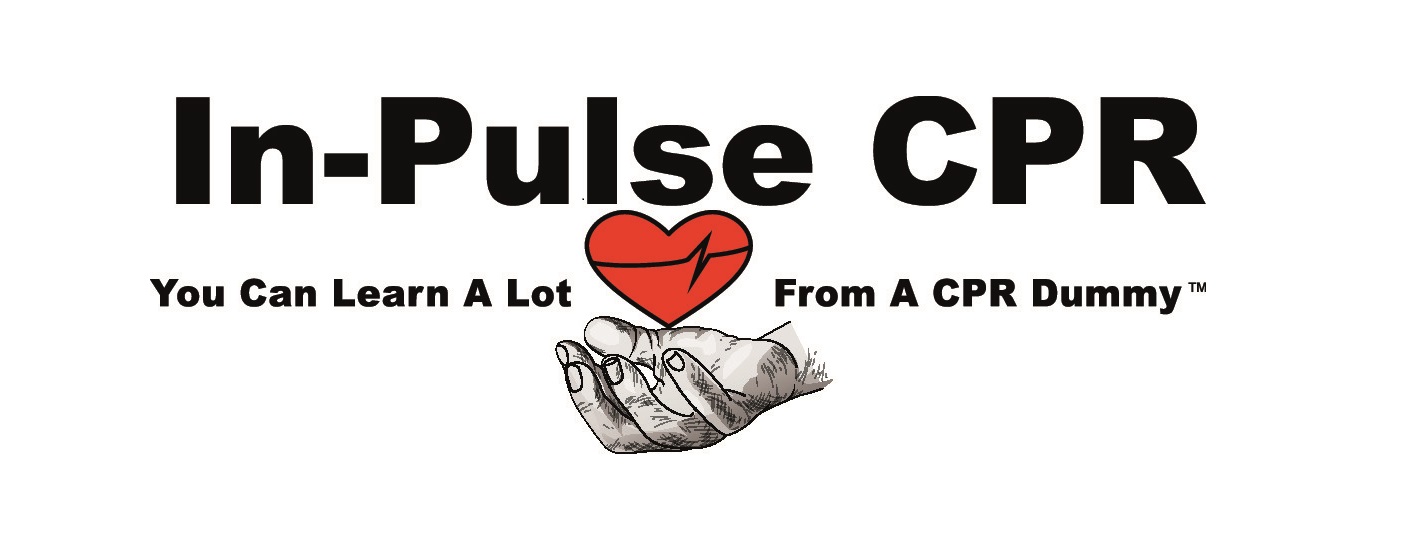History of Nursing
Written by Carin Mangimeli
Since the beginning of time, humans have gotten sick and/or injured and required tending by another to return to a healthy state. This “tending” has evolved, into what is now known as the career of nursing.
The formal somewhat standardized training of nurses can be traced as far as the third and fourth century Roman Empire’s Christian courtesans provided houses for the poor, sick, injured and homeless while women slaves provided nursing services. Women continue this tradition of nursing into current times where they dominate the nursing market as the primary gender employed.
In a rare occurrence, however, male knight orders developed during the Christian Crusades, organized hospitals and care for their injured comrades and set the standard for hospital administration throughout Europe and Asia.
Perhaps the most famous nurse, however, was Florence Nightingale. She led the way toward a standardized profession in the mid-1800s, requiring all nurses to have education and registrations and hospitals to have regulations to be followed. She founded the Nightingale Training School for Nurses and her graduates traveled around the world instituting similar programs in other countries.
State laws governing nursing care developed during the early 1900s, frequently requiring nurses to be certified and licensed with a state agency prior to their employment. Such laws remain in effect today. Nurses also began expanding their careers into doctor’s office, clinics, midwifery and other preventative and specialist care.
After Yale instituted its first nursing education program in 1923, the field has expanded to include two-year, four-year and graduate programs in the study. Education can now be obtained via online courses or traditional classroom instruction. After graduation, nurses are expected to maintain their licenses with continuing education to ensure they stay current on developments in medicine and science.




COMMENT (1)
tr3 / July 26, 2010
My wife was a nurse for 20+ years. Early in her career she worked 3rd shifts and most weekends. Nursing is one of the least appreciated jobs in the world. Be sure to say thanks to a nurse the next time you visit a clinic or doctors office.